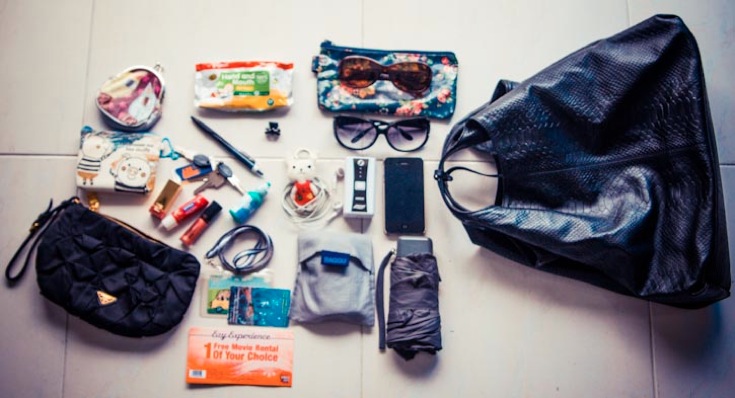
The day that I found out that K had 听写 was the night before, just when I was about to turn the lights off in the room to retire for the night.
“Mummy, I have a test tomorrow”
“Huh…test? What test?”
“Chinese 听写 test.”
“Why didn’t you tell me earlier?!?”
“I forgot.”
“Did you get the list of words over the weekend?”
“Yes…”
“How could you forget all about it…”
“I don’t know…”
I glanced at the clocked on the table, “9.15”, and decided that we are not going to revise his 听写.
“Ok, we have to sleep now…it’s too bad that you did not remember that you are going to get a 听写 test tomorrow, and make an effort to study for it this afternoon or over the weekend. It’s your responsibility not mine.”
“But how…”
“Just too bad, we sleep now…”
I slept soundly through the night, without tossing or turning in bed, or worrying about what he might experience the next day. It was just a 听写 test after all, and no 听写 test is going to rob me of a good night’s sleep.
I took the risk. The risk of failure from his very first 听写 test in primary school, as I wanted him to face the music himself. Face the consequence himself, a chance to experience some failure and possible disapproval from his Chinese teacher.
The day after, he came back with the result of his test.

He didn’t fail it at 70/100. As it was a test on 汉语拼音, he didn’t managed to do too badly despite not revising, so ‘failure’ was manageable.
“I didn’t do so bad..”
“So you are happy with what you got?”
“Not really…”
“Do you think you would have been able to get better results if you have learnt your 听写?”
“Yes, I think so.”
“What are you going to do the next time?”
“I am going to make sure I show you the list next time on Friday, I will learn it and you have to test me to make sure I know it.”

Learning from Failure
What am I able to teach my child from this?
What seemed like a little opportunity to allow him to experience failure, turned out to be a valuable lesson for him to learn the natural consequence of his actions, and then be motivated to solve the problem responsibly himself.
Somehow, the ability to shelter your child from failure or any form of uncomfortable situations; failure, disappointment, worry, fear has become associated with effective parenting in our culture. It is normal parenting instinct to worry about our kids (alot) and most of us parents are afraid of our child failing. In our education-obessed environment, it always has to do with failure in a certain subject or with tests and exams. We think that once our child start to fail in school, it will be hard to catch up.
I have heard this before from a fellow mom, that it is crucial that the child maintain 90% for all their subjects in Primary 1-2, so that they are able to manage Primary 3 demands. There is some truth in that, taking into account the jump in academic standards from Primary 3 onwards.
However, I see these lower Primary school years are times when I can help my child develop some coping skills later in his life. By preventing failure from happening, I believe I am depriving my child opportunities to experience natural consequence. As it will be from failure, that he will learn about self-motivation, use failure as a lesson to learn from his mistakes and to improve himself.
If I don’t allow failure now, when then?
Learning can happen not just through formal teaching sessions, but also through incidental opportunities. Children can learn effectively through observation, social interaction or through experiences of problem solving.
Do link up and share your experiences teaching your child!
Here are 2 options of ‘I Can Teach My Child’ badges for you to choose from :


























